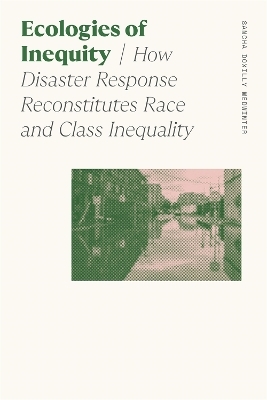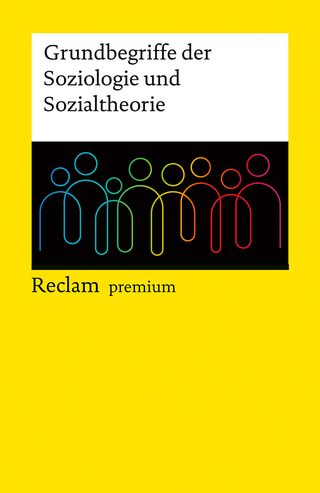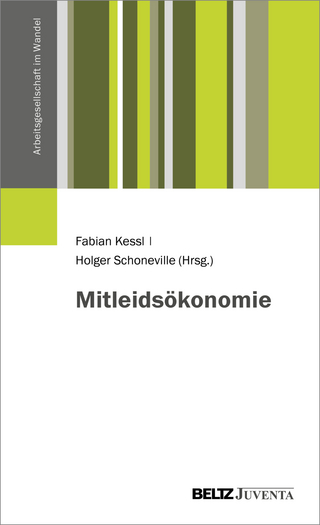
Ecologies of Inequity
How Disaster Response Reconstitutes Race and Class Inequality
Seiten
2023
University of Georgia Press (Verlag)
978-0-8203-6381-3 (ISBN)
University of Georgia Press (Verlag)
978-0-8203-6381-3 (ISBN)
Tells the story of how the racially and ethnically diverse, immigrant, and urban poor disaster survivors lose ground to their White, middle class-to-affluent and Black middle class homeowner neighbours during official disaster response.
With Ecologies of Inequity, Sancha Doxilly Medwinter tells the story of how the racially and ethnically diverse, immigrant, and urban poor disaster survivors lose ground to their White, middleclass-to-affluent and Black middle-class homeowner neighbors during official disaster response. Medwinter presents analyses from 120 conversational and expert interviews with disaster responders and survivors in New York City, beginning as early as twelve days after the November 2012 landfall of Superstorm Sandy. The settings are Carnarsie, Brooklyn, and the Rockaway peninsula, which experienced six to eight feet of flooding.
The color- and class-blind assumptions of disaster responders and the labyrinthine process of obtaining a FEMA grant combine to exclude and increase the psychological burden of urban poor disaster survivors. Similarly, the locational decisions and volunteer service perimeters uncritically replicate the segregation logics of urban spaces. Part of this story explains how the chronically poor repeatedly get displaced by the machinery of official disaster response. One reason is the introduction of a race- and class-blind disaster "logic of response" that caters to the needs of the newly created class of "disaster victims," while displacing the "logic of service," which typically attempts to address the needs of the chronically poor.
With Ecologies of Inequity, Sancha Doxilly Medwinter tells the story of how the racially and ethnically diverse, immigrant, and urban poor disaster survivors lose ground to their White, middleclass-to-affluent and Black middle-class homeowner neighbors during official disaster response. Medwinter presents analyses from 120 conversational and expert interviews with disaster responders and survivors in New York City, beginning as early as twelve days after the November 2012 landfall of Superstorm Sandy. The settings are Carnarsie, Brooklyn, and the Rockaway peninsula, which experienced six to eight feet of flooding.
The color- and class-blind assumptions of disaster responders and the labyrinthine process of obtaining a FEMA grant combine to exclude and increase the psychological burden of urban poor disaster survivors. Similarly, the locational decisions and volunteer service perimeters uncritically replicate the segregation logics of urban spaces. Part of this story explains how the chronically poor repeatedly get displaced by the machinery of official disaster response. One reason is the introduction of a race- and class-blind disaster "logic of response" that caters to the needs of the newly created class of "disaster victims," while displacing the "logic of service," which typically attempts to address the needs of the chronically poor.
Sancha Doxilly Medwinter is an assistant professor of sociology at the University of Massachusetts Amherst.
| Erscheinungsdatum | 30.06.2023 |
|---|---|
| Reihe/Serie | Sociology of Race and Ethnicity |
| Verlagsort | Georgia |
| Sprache | englisch |
| Maße | 152 x 229 mm |
| Gewicht | 143 g |
| Themenwelt | Sozialwissenschaften ► Ethnologie |
| Sozialwissenschaften ► Soziologie ► Allgemeines / Lexika | |
| Sozialwissenschaften ► Soziologie ► Makrosoziologie | |
| ISBN-10 | 0-8203-6381-2 / 0820363812 |
| ISBN-13 | 978-0-8203-6381-3 / 9780820363813 |
| Zustand | Neuware |
| Haben Sie eine Frage zum Produkt? |
Mehr entdecken
aus dem Bereich
aus dem Bereich
Buch | Softcover (2024)
Phillip Reclam (Verlag)
12,80 €
Herausgegeben von Peter Gostmann und Claudius Härpfer
Buch | Hardcover (2024)
Springer Fachmedien Wiesbaden GmbH (Verlag)
109,99 €


